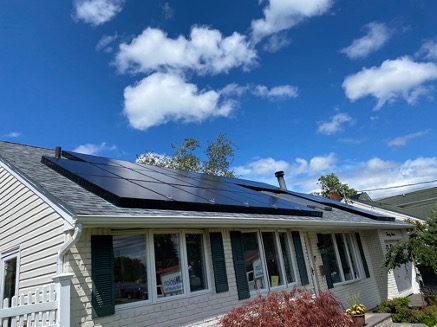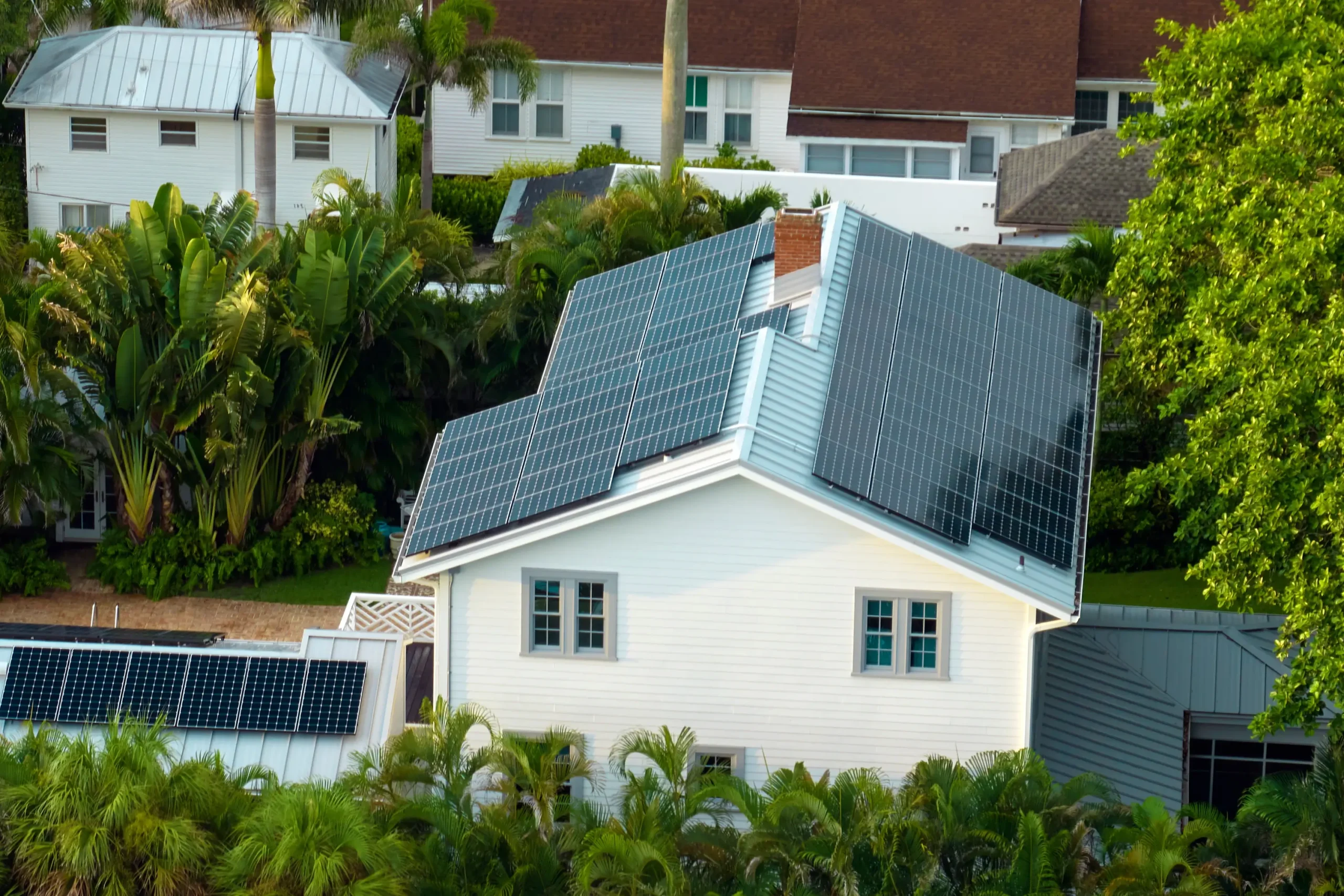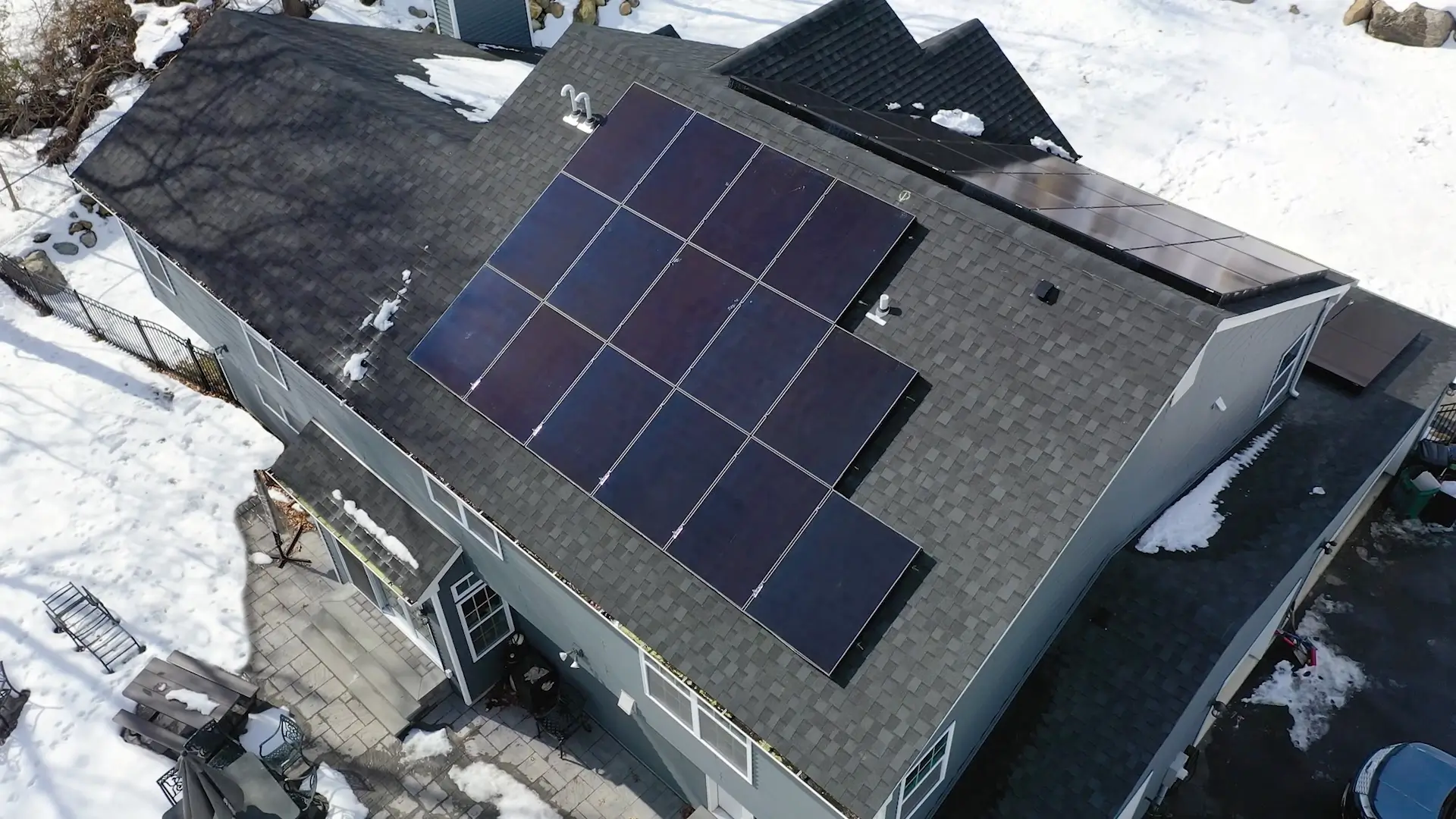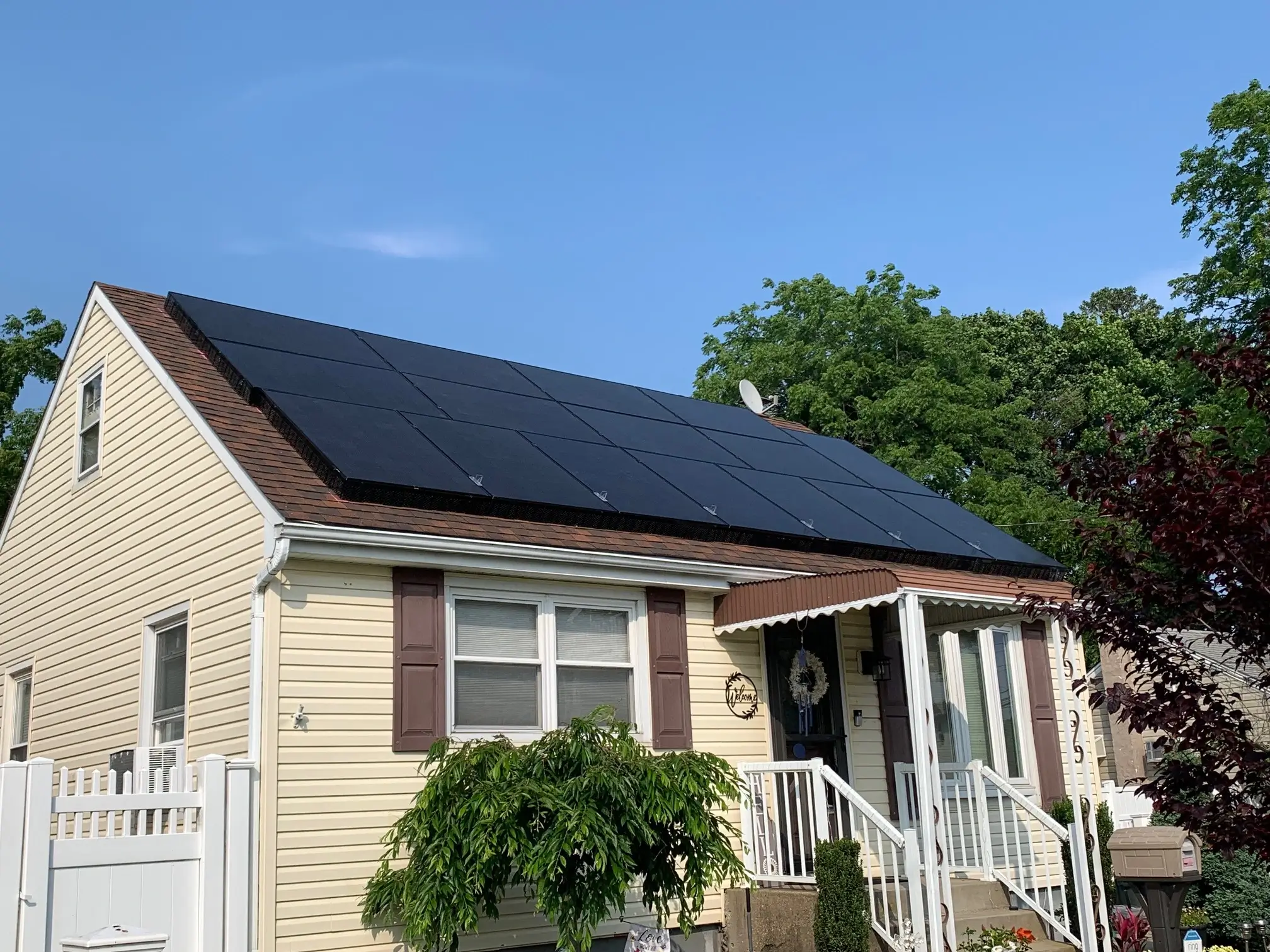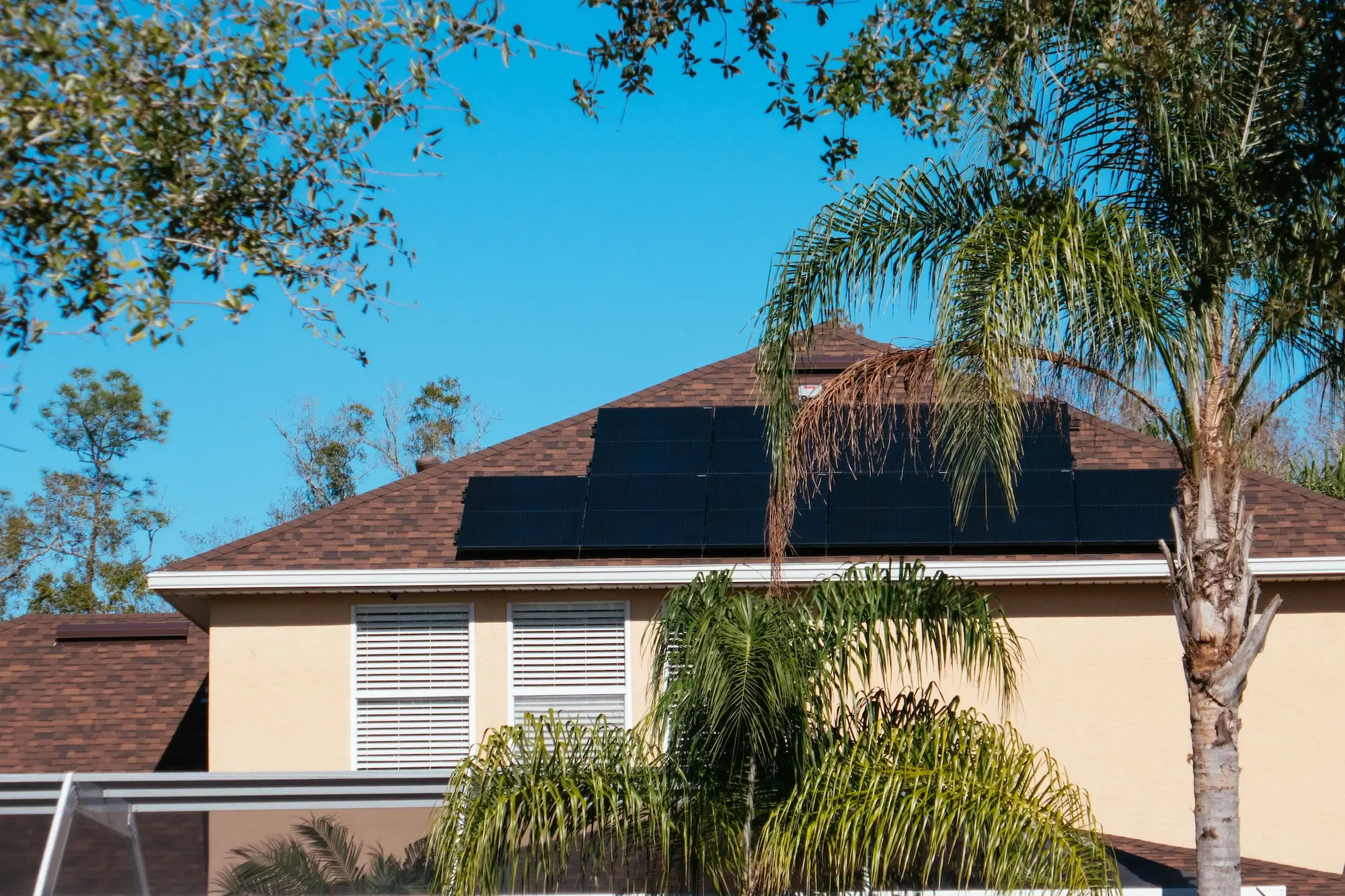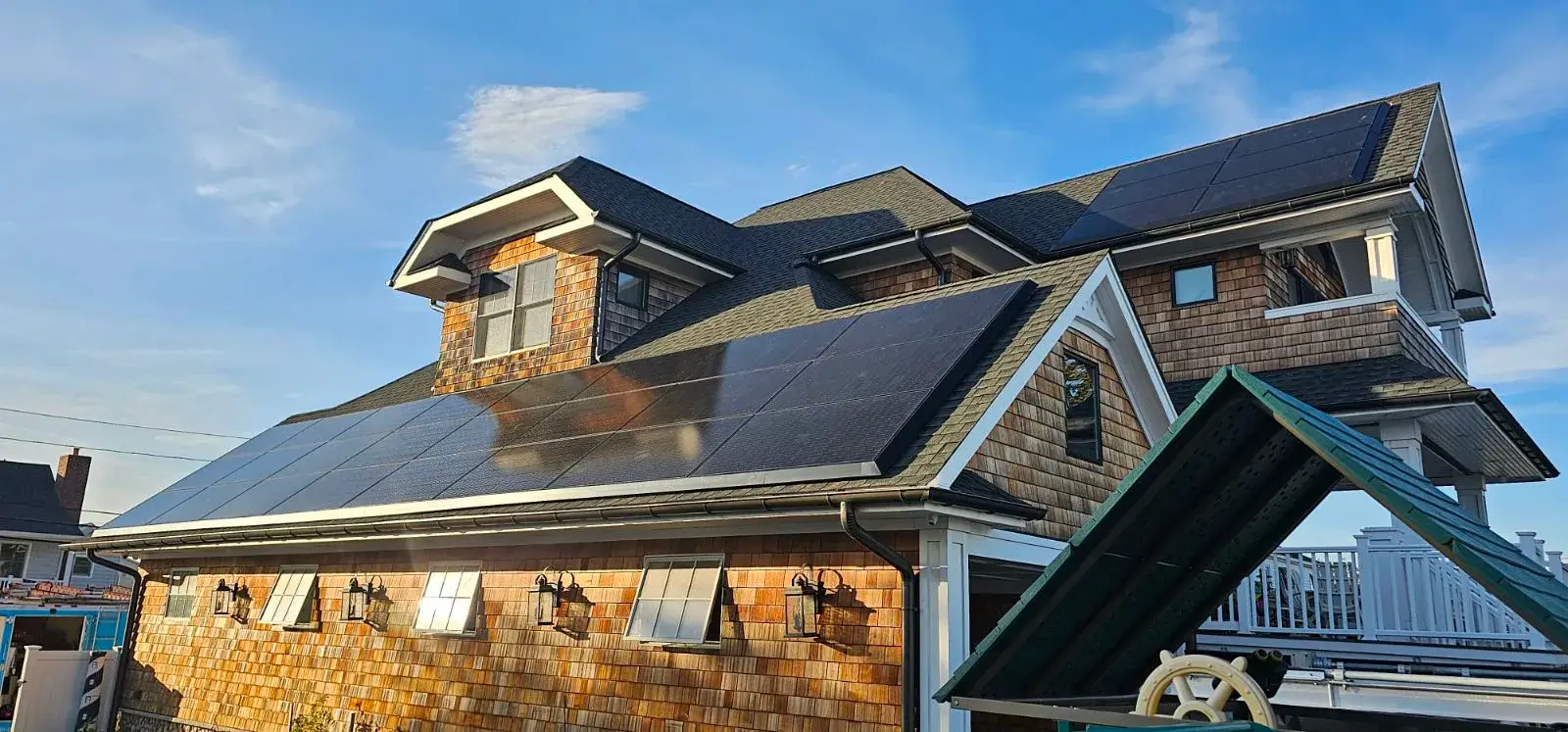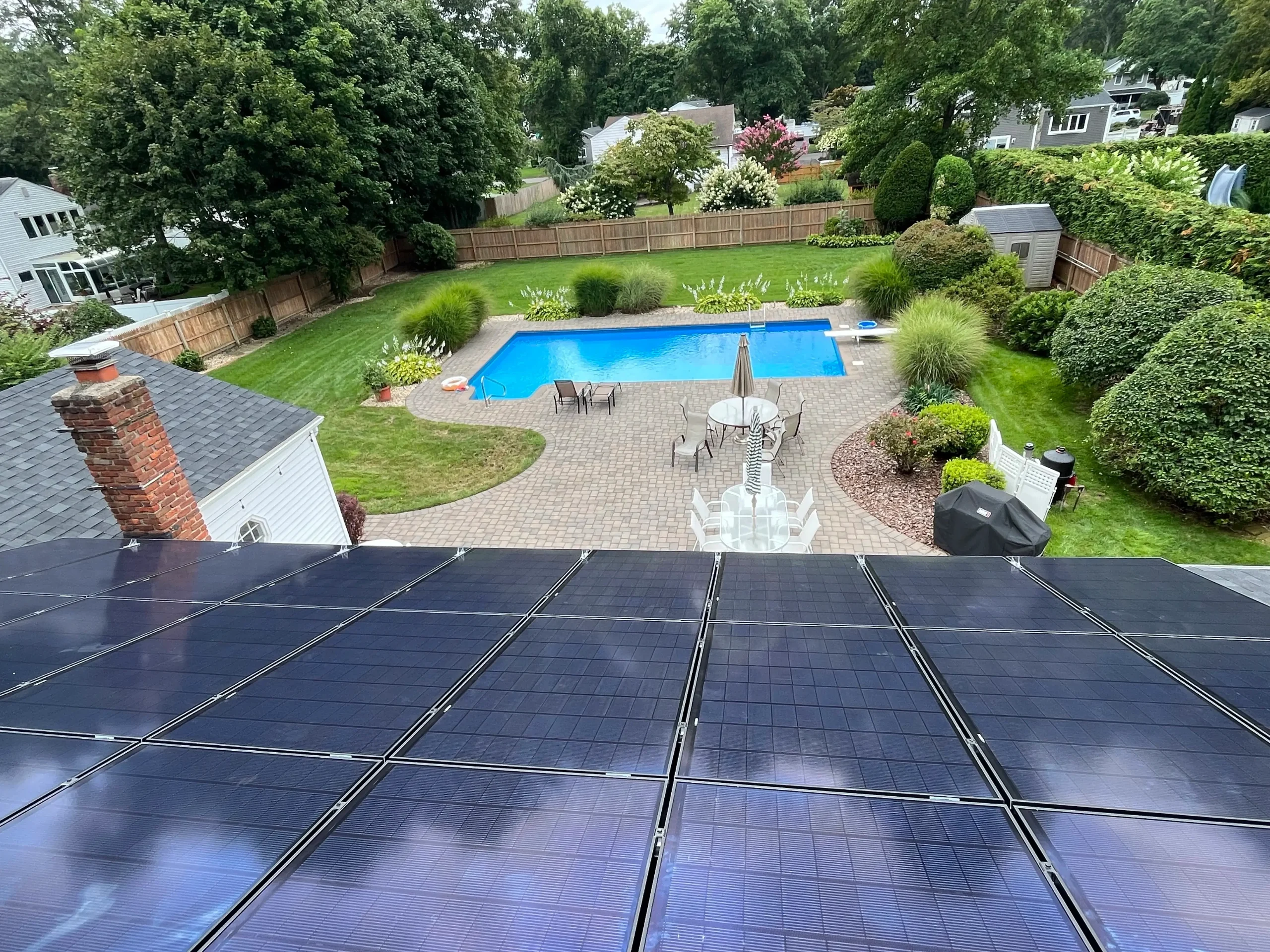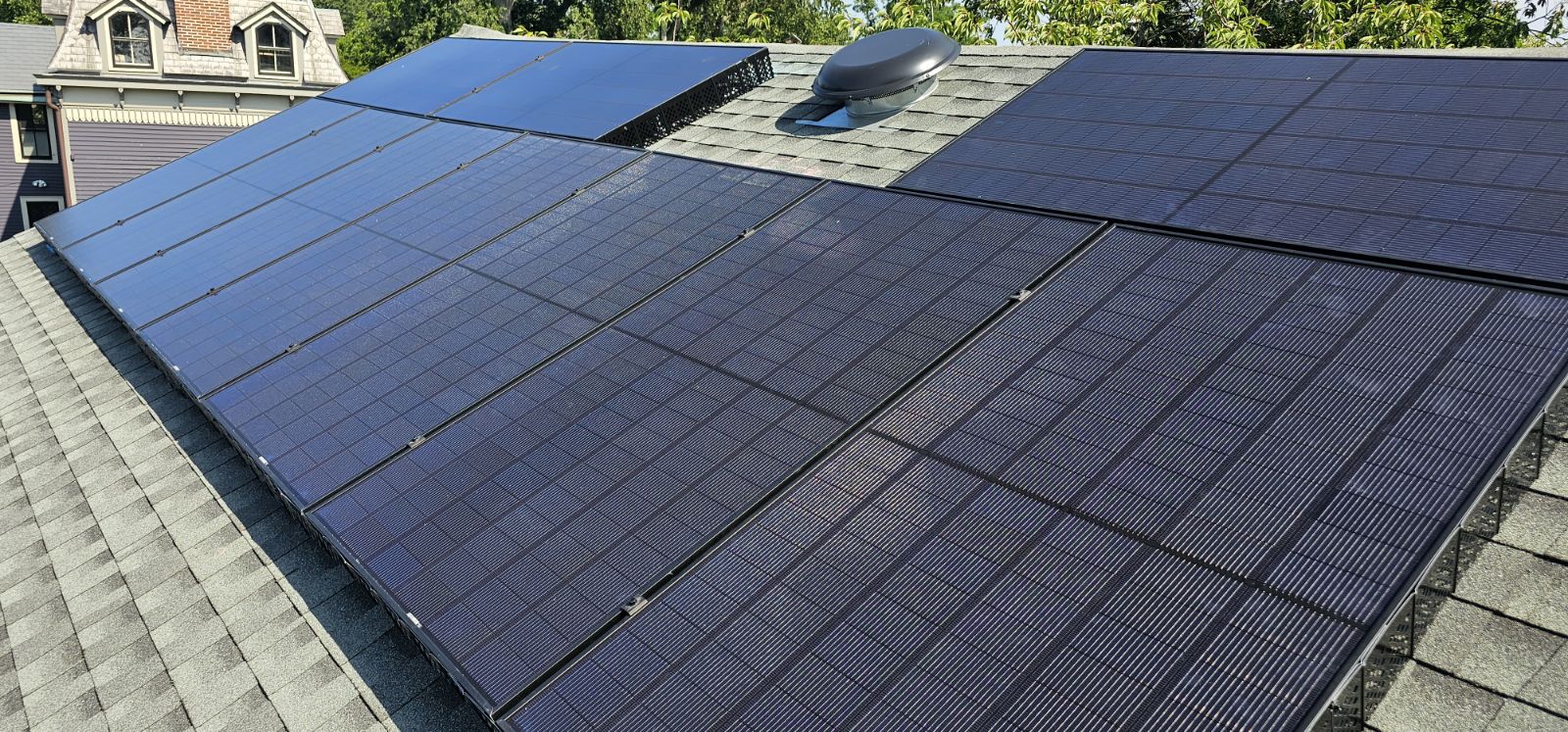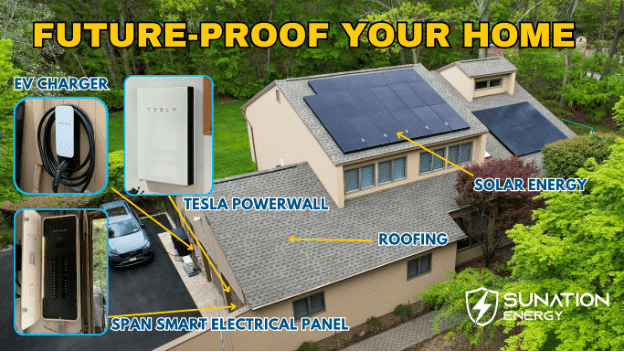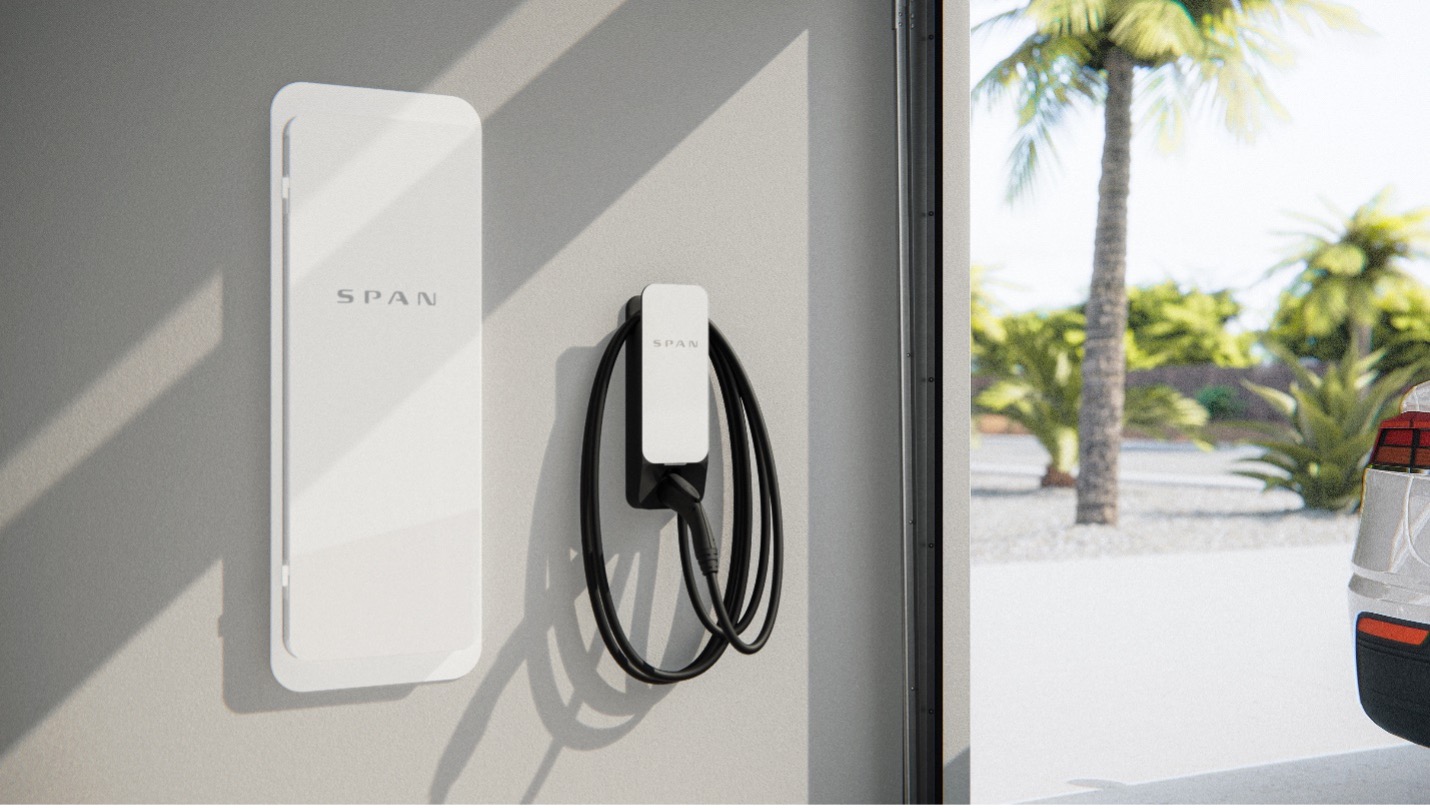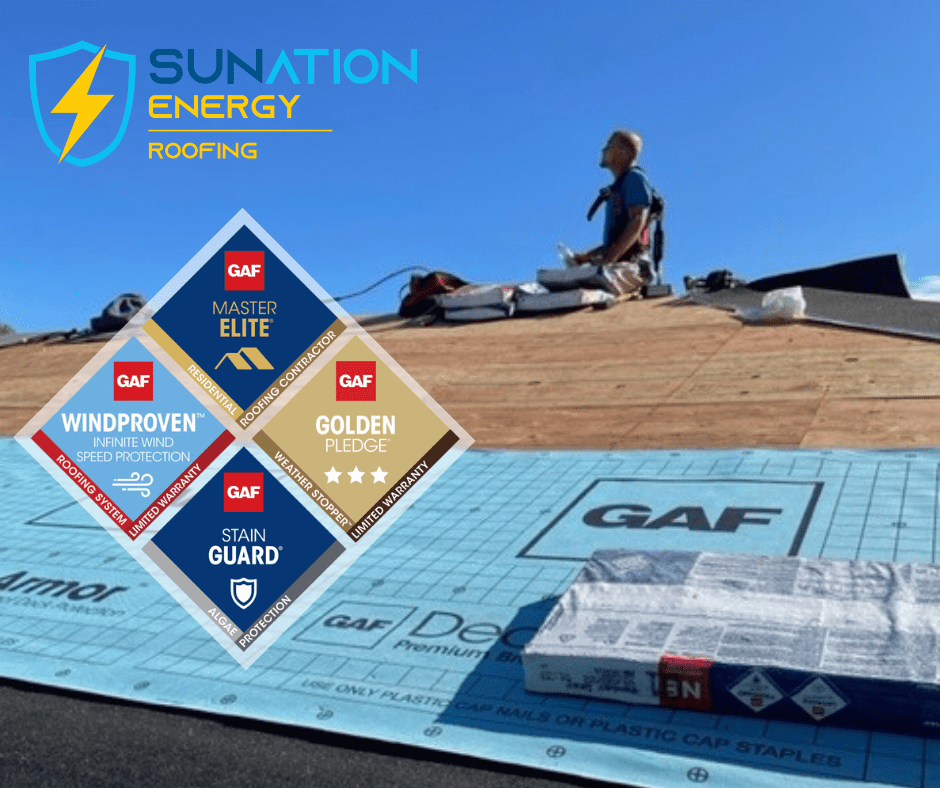Solar energy has the potential to create a massive positive impact on our natural resources, and people are taking notice. While one of the main benefits of going solar is to reduce monthly electricity bills and have more control over your energy, its influence on our environment is being highly praised. So much so that states like New York are setting goals to increase the amount of solar panels installed and are challenging homeowners and businesses alike to make the switch.
Why the push towards solar and other clean sources of energy? The main reason is the reduction of greenhouse gases, which is a major contributor to climate change. As more carbon dioxide is created when we rely on fossil fuels for energy, the more negatively impacted our atmosphere becomes. But there’s something we can do about it.
What is Solar Energy?
Solar energy can be used to power anything from your home to your electric vehicle to your phone, but what is it? Solar is energy that is generated through the sun’s rays coming in contact with photovoltaic, or PV, cells that are found in the panels you see on homes and businesses. This generates a DC current that gets converted to an AC current through an inverter, making it usable by our everyday electronics.
Positive Impacts of Solar for Homes
When homes run on solar, they’re utilizing a clean, renewable source of energy that decreases their reliance on the power grid. Here on Long Island, solar homes are still connected to the power grid and can take advantage of net metering when their solar is either overproducing or underproducing throughout the year to cover their annual energy use. The more a home can offset its own energy, the lower its carbon footprint is.
When power grids are running, they produce both air and water pollution that negatively impact the Earth’s atmosphere and add to greenhouse gases affecting climate change. By lowering the demand on power grids, less pollution can be created and spread. The more homes that run on solar energy, the less electricity each grid needs to make.
On their own, solar panels don’t generate pollution to work. The process of taking a natural resource, the sun, and converting its rays into a usable electric current is clean and safe to be around people and animals alike.
Positive Impacts of Solar for Businesses
Similar to homes, businesses that run on solar are also working to decrease their reliance on power grids and can lower carbon emissions, but on a much bigger scale. With some commercial solar projects sized at 1 megawatt of solar or larger, these businesses can take a lot of pressure off of local power grids and even help support their local neighborhoods through Community Solar hosting. This can be done either through rooftop solar installations or ground-mounted solar panels, depending on the size of the property available.
Since larger commercial buildings, like warehouses or office buildings, use much more energy than your typical home, these properties can have the biggest impact on reducing air pollution, reducing water pollution, and also reducing their monthly energy bills.
Recycling Unwanted Solar Panels
While solar energy is one of the best and greenest sources of energy, there are some concerns over the environmental impact of disposing of unwanted solar panels. As the technology for solar modules has improved over the years, some homeowners and businesses are choosing to forego their current solar modules in favor of the latest, most efficient technology. This is where solar panel recycling comes into play.
Rather than throwing out panels that are still in working condition and have plenty of years of production ahead of them, some solar companies reduce waste, reuse panels, and recycle what they can to be as green as possible. At SUNation, we take this opportunity to pay it forward and donate like-new solar panels to families in need through our nonprofit SUNation Cares.
Solar Batteries and EV Chargers for More Sustainability
In addition to running on solar, other sustainable options like energy storage backup batteries and EV chargers can take your environmental impact to the next level.
Backup Battery: With batteries like the Tesla Powerwall, excess solar energy can be stored to use when you need it most, like during a power outage. Instead of using a gas-powered generator to create pollution, and a lot of noise, homes and businesses can be powered with the same clean, renewable energy through the Tesla Powerwall with a seamless transition and a free app to help track the battery’s use.
EV Charger: Another way to reduce reliance on gas is through an electric vehicle and, by extension, an EV Charger. Besides the convenience of charging at home with a Level 2 EV Charger, electric vehicle owners can also use their solar energy to sustainably power their vehicles rather than relying on the power grid.
Other Ways to Positively Impact the Environment
There are many ways to go green and help the environment, and the best part is that you get to pick and choose what works for your home, business, or lifestyle. Not everyone can do everything, but everyone can do something. Here are a few other ways you can help reduce carbon emissions and be more sustainable and green.
- Use LED lightbulbs and turn off the lights when you leave a room
- Unplug appliances when not in use
- Do laundry in cold water
- Separate your trash into recyclables, compost, and garbage
- Walk, bike, carpool when you can, or take public transportation
Going solar on Long Island and taking advantage of clean, renewable sources of energy has never been more important, and more affordable than now. With 30% Federal Tax Credits through the Inflation Reduction Act, combined with New York State’s tax credits up to $5,000, there are many chances to save and enjoy lower monthly energy bills while doing your part to help the environment.
Learn more by contacting our friendly SUNation team at 631-750-9454 or schedule a no-obligation consultation.
